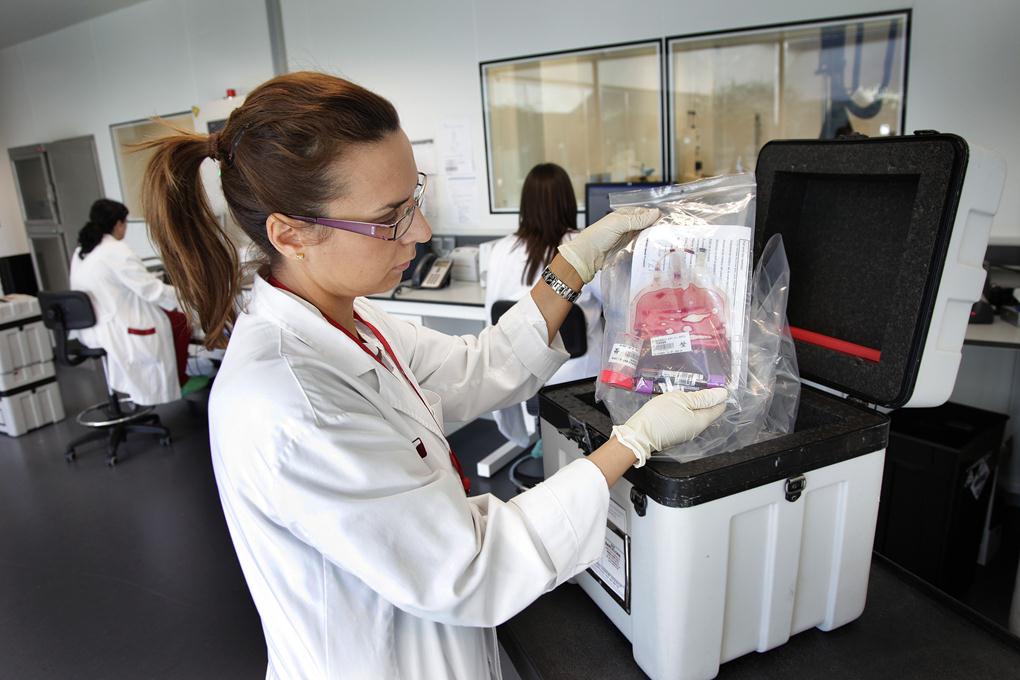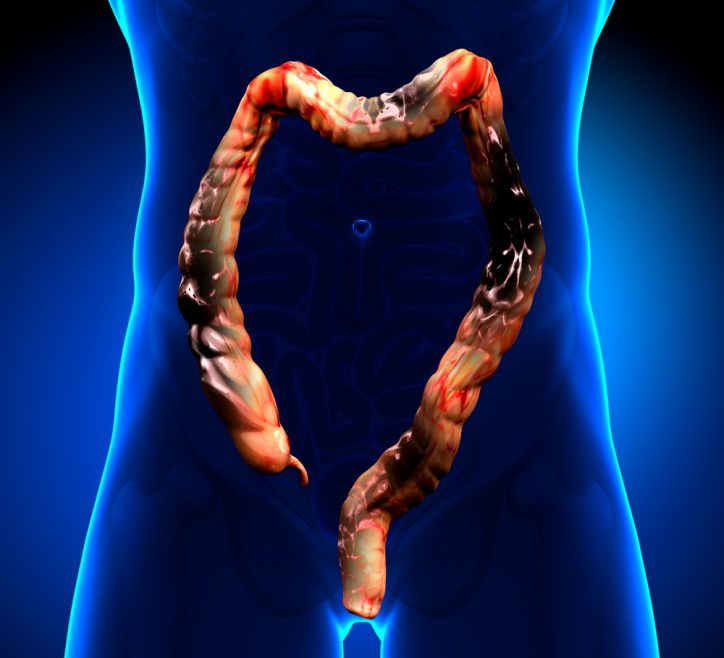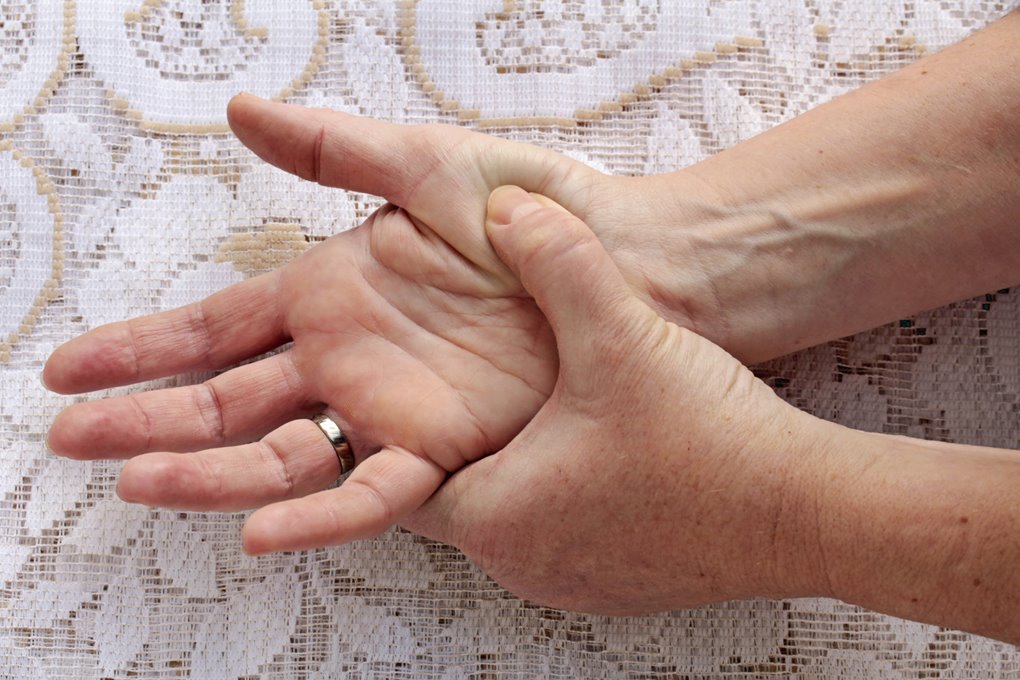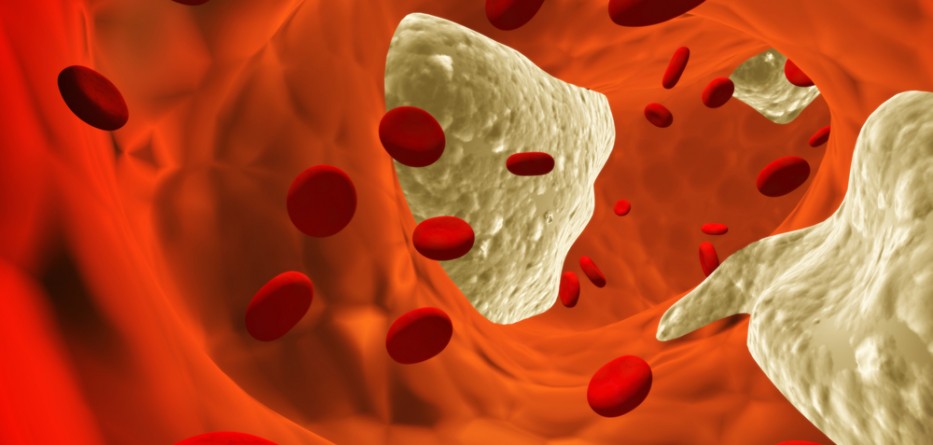Statin medications are used to aid high cholesterol levels found in the blood. Your doctors will prescribe you these medications after presenting with higher-than-expected lipid panel numbers. By lowering these levels, it will prevent you from receiving a heart attack or stroke. Studies have shown that individuals that used statins to lower their cholesterol have reduced their chances of death by heart disease by 25 to 35%. The studies have also shown that statins reduce recurrent stokes by 40%.
Statins block the action of the liver enzyme that produces cholesterol. Having too much cholesterol in the blood causes a build-up of plaque in the walls of the arteries. This eventually leads to arterial blockages, which causes heart attacks. Sudden blood clots within those narrowed arteries can cause a stroke.
Statin drugs lower LDL cholesterol. Additionally, these drugs raise the good cholesterol HDL and lower triglycerides. When given this medication, patients are advised to change their lifestyle. To improve the effectiveness of the drug, physicians also give guidelines for diet and exercise.
Patients are advised to:
- Exercise, even if its just walking for thirty minutes every other day
- Limit alcohol intake
- Eat a balanced diet, full of fresh fruits and vegetables
- Avoid smoking
Side effects of Statin medications include:
- Constipation
- Dizziness
- Drowsiness
- Headache
- Flushing of the skin
- Muscle aches, weakness, or tenderness
- Nausea or vomiting
- Difficulty Sleeping
- Bloating or Gas
- Diarrhea
- Rash
Statins can also cause memory loss, high blood sugar, confusion, and potential type 2 diabetes. Statins also interact with a number of medications, always consult your prescribing physician and talk about this new drug and its potential interactions with your pharmacist.
Serious side effects of statins that need immediate medical attention include:
- Rhabdomyolysis – Extreme muscle inflammation and damage. Muscles all over the body become painful and weak. This can lead to kidney failure and death.
- Elevated CPK – Causes muscle pain, weakness, and inflammation. It is not life-threatening but can be difficult to treat.
- Myositis – Inflammation of the muscles, which heightens the chance of muscle damage.
Featured Image: DepositPhotos@frenta
Posted on May 22, 2023



